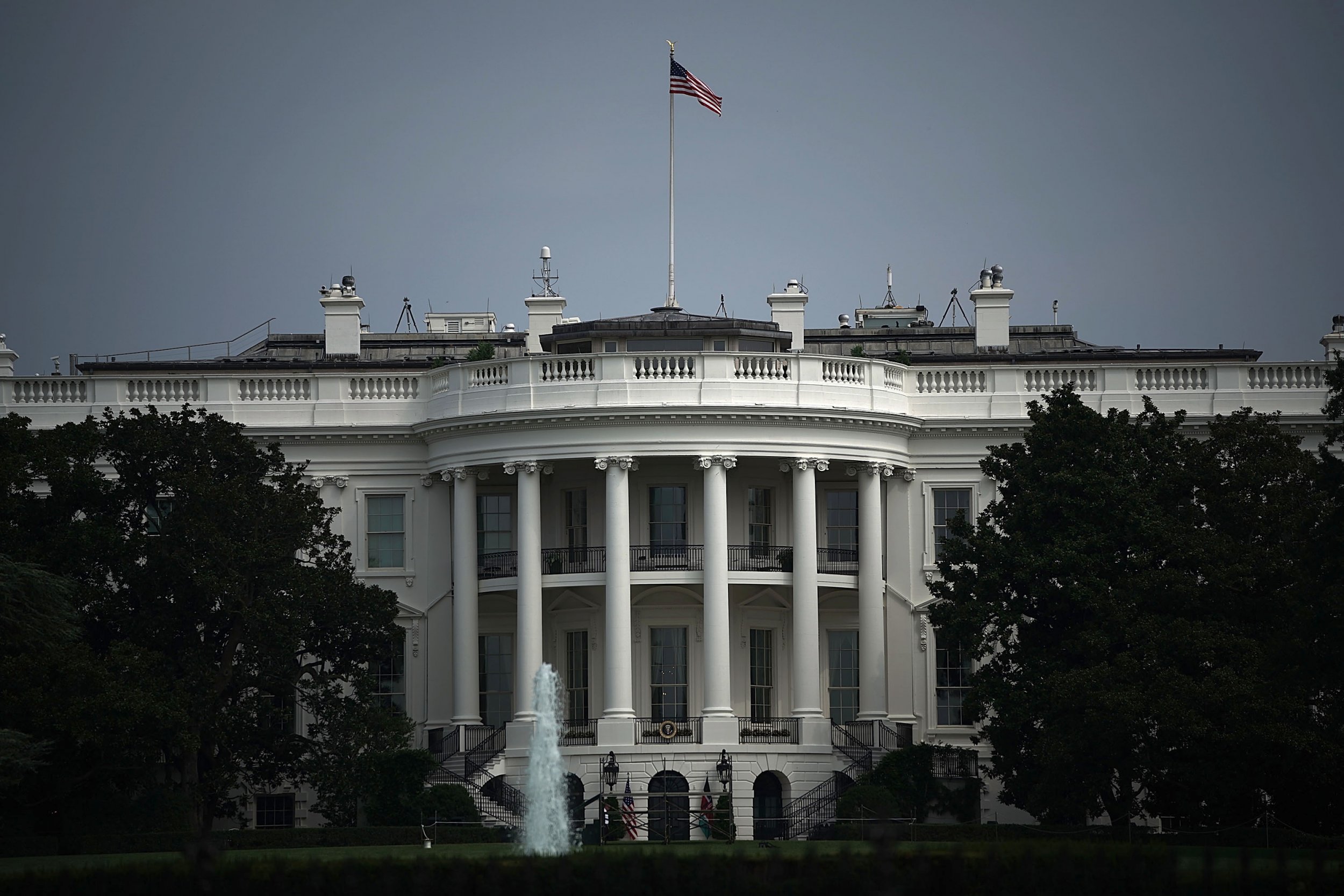
The last time the Democratic Party had such a large stack of presidential candidates to choose from was 2008, a year that would turn out to be one of the most historic in America's political history. Before a freshman Illinois senator named Barack Obama dazzled party elders and captured the hearts of Democratic voters from the cornfields of Iowa to the Maryland suburbs, the stage was placed with contenders. By the time the first Democratic presidential primary debate began in April 2017—18 months before Americans would vote for their president—eight candidates were making their case. They were a diverse crop of politicians with different backgrounds, including a governor from New Mexico (Bill Richardson), a senator from Delaware (Joe Biden), a former First Lady (Hillary Clinton) and a congressman from Ohio (Dennis Kucinich.)
That primary was the most exciting nominating since 1968. The 2008 Democratic primary, however, will look like a relatively boring affair compared to what Democrats have in store for 2020. If you thought the opening months of the 2016 Republican primary was crowded, the 2020 Democratic contest will be downright dizzying. The Iowa caucus is more than a year away, but the presidential campaign has been bubbling beneath the surface for Democrats the moment after Donald Trump pulled off the biggest political upsets in history.
When political prognosticators describe the 2020 field as wide open, they aren't simply repeating the tired conventional wisdom we often hear during every presidential election cycle. The Democratic Party in the era of Trump is very much a big-tent party desperately in search for a solid foundation and an identity. Questions abound for the party on everything from electoral strategy and messaging to policy and the extent to which Trump should impact their day-to-day posture in Washington. The 2016 dogfight between Hillary Clinton and Bernie Sanders tore at the party's fabric and forced every Democrat to pick a side. The party may have swept Republicans from dozens of suburban districts last month, but their midterm triumph began to wear off almost immediately. Soothing words of unity from the Democratic National Committee aside, Democrats are still in search for the magic formula in the lead-up to 2020, when another loss at the presidential level will no doubt cause many party stalwarts and the progressive grassroots to feel as if Democrats have reached an existential crisis.
If the Democratic Party were unified, there would not be as many as 30 prospective candidates sketching out national campaigns or competing for experienced campaign staff. The fact that the party may need a gigantic venue to accommodate all the candidates hoping to participate in the first primary debate is all the evidence one needs about how the state of Democrats today: convoluted; disjointed; frequently confused about which direction to go and which constituencies to cater too; and increasingly ceding rural America to their political enemies.
As this piece is being written, Democratic governors, senators, mayors, congressmen, and business leaders are looking in their mirrors and wondering if they should declare their candidacies. Former Vice President Joe Biden and Sen. Bernie Sanders have a leg-up on the competition due to the national political networks they have assembled and thanks to their high name recognition, but Democrats don't have a heavy favorite like an Al Gore or Hillary Clinton who would scare others from competing. With no dominant personality or lopsided front-runner available in the post-Obama Democratic Party, every candidate and their mother are preparing bids.
Sen. Kamala Harris is monopolizing Facebook with advertisements keeping her name in Americans' minds while Sen. Cory Booker is traveling across the country and marketing himself as the social justice crusader the country needs. Sen. Elizabeth Warren has used the midterm campaign to expand her infrastructure and connect her staff with a variety of Democrats from the statehouse to the town council. Former New York City Mayor Michael Bloomberg, who cut a $110 million check on behalf of Democrats in the midterms—an investment that has earned him a lot of gratitude from party operatives—is openly talking to reporters about running. Sen. Kirsten Gillibrand is doing the same on national television. Former San Antonio Mayor and Obama cabinet secretary Julián Castro has huddled with long-time aids and supporters in Texas, and Rep. Beto O'Rourke—the Kennedyesque fundraiser extraordinaire who came within 2.6 points of becoming the first Democrat to win a statewide race in Texas since 1994—is generating buzz in Iowa.
There are simply too many potential candidates to monitor. It has reached the point where it's easier to list the people who aren't thinking about running for the Democratic nomination than compiling a list of who is.
On the one hand, a big 2020 slate can be a positive for the party. Trump is despised among such a large portion of the electorate and has been such a great motivator for Democrats that it's a guarantee the party will be able to present a number of impressive candidates to the American people. The more impressive candidates there are on stage, the more likely Americans will think about voting for a Democrat.
Yet on the other, the 2020 campaign could also drag the Democratic Party through such a brutal intramural battle that the person who eventually wins the nomination will either come out bruised or damaged. It's important to note that when Hillary Clinton finally clinched the nomination, she was reviled by many diehard Bernie Sanders supporters who didn't want anything to do with her.
Will the same thing happen to the Democratic nominee in 2020? If the party suffers another gut-wrenching loss at the presidential level, will it ever be able to heal? Or will the Democratic Party, much like the Republican Party during the Obama presidency, begin to look like a house permanently divided against itself?
Daniel R. DePetris is a political columnist for the Washington Examiner and the American Conservative.
The views expressed in this article are the author's own.
Uncommon Knowledge
Newsweek is committed to challenging conventional wisdom and finding connections in the search for common ground.
Newsweek is committed to challenging conventional wisdom and finding connections in the search for common ground.
About the writer
To read how Newsweek uses AI as a newsroom tool, Click here.








